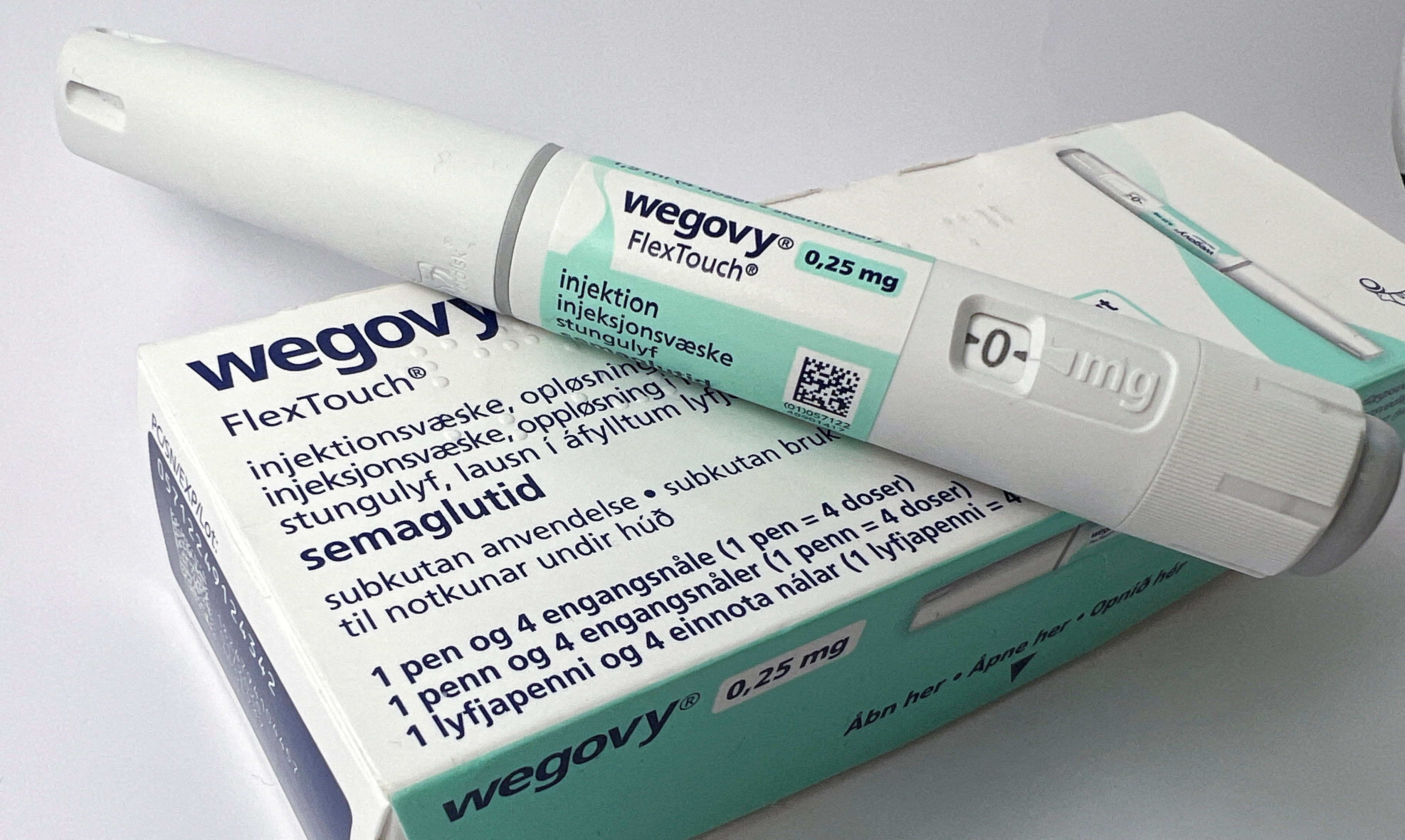Unmasking the Opioid Crisis: How Manitoba Became a Battleground for Opioid-Related Deaths

The year 2020 marked a grim milestone in the United States, with nearly 92,000 deaths attributed to drug overdoses, as reported by the U.S. Centers for Disease Control and Prevention. This figure represents a staggering 31% increase in overdose deaths compared to the previous year, underscoring the severity of the ongoing opioid crisis.
Of particular concern is the surge in overdose deaths from synthetic opioids like fentanyl and tramadol, which witnessed a chilling 56% spike between 2019 and 2020. Meanwhile, fatalities from natural and semisynthetic opioids such as oxycodone and hydrocodone saw a more modest 4% rise. However, there was a slight decrease of nearly 4% in deaths related to heroin overdoses.
The economic toll of prescription opioid misuse is equally alarming, amounting to a staggering $78.5 billion burden on the U.S. economy annually. Much of the blame for this crisis lies with pharmaceutical companies that misleadingly marketed their products as safe and non-addictive, leading to widespread addiction among patients and subsequent diversion of these drugs through healthcare fraud.
The connection between the overprescription of opioids for chronic pain management and the escalation of opioid misuse and addiction is well-documented. Studies reveal that as many as 29% of patients prescribed opioids for chronic pain end up misusing them, with up to 12% developing opioid use disorders. Moreover, the misuse of prescription opioids often serves as a gateway to illicit drug use, with an estimated 80% of heroin users starting with prescription opioids.
This cycle of abusive prescribing practices persists across the nation, contributing to escalating rates of substance abuse and opioid-related fatalities. Law enforcement agencies are increasingly targeting physicians and healthcare providers involved in these practices to stem the tide of addiction and overdose deaths.
Examples abound of physicians facing legal consequences for their roles in perpetuating the opioid crisis. In various cases, doctors have been indicted for illegally distributing opioids, committing healthcare fraud, and causing the overdose deaths of their patients. These cases highlight the egregious nature of unethical prescribing practices that prioritize profit over patient well-being.
The U.S. Department of Justice has been particularly active in cracking down on healthcare fraud related to opioid prescription and distribution. Enforcements actions have led to the shutdown of pharmacies and the prohibition of individuals involved from operating businesses dealing with controlled substances. These measures are crucial steps towards holding accountable those responsible for fueling the opioid epidemic.
As communities grapple with the devastating impact of opioid addiction, it is imperative to address the systemic issues that perpetuate this crisis. This includes implementing stricter regulations on opioid prescribing practices, increasing access to evidence-based addiction treatment, and promoting public awareness campaigns to educate individuals about the risks associated with opioid misuse. Only through a comprehensive and collaborative approach can meaningful progress be made in curbing the devastating toll of the opioid epidemic on society.




